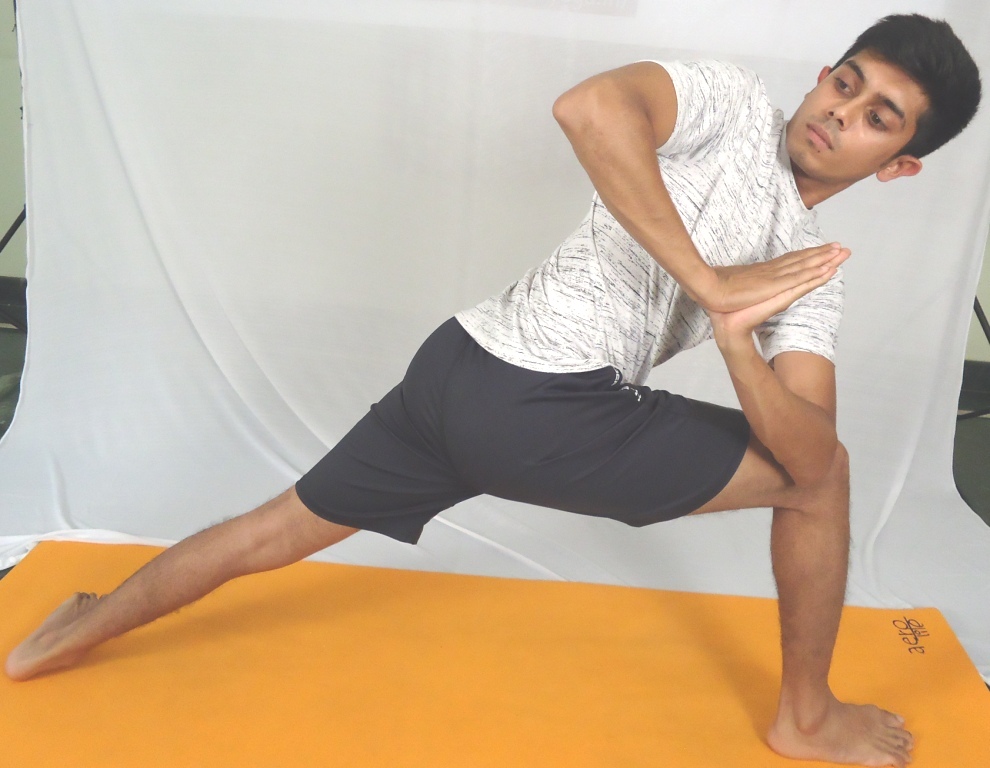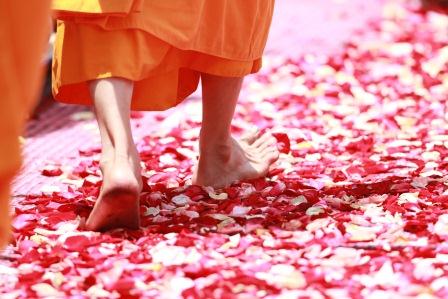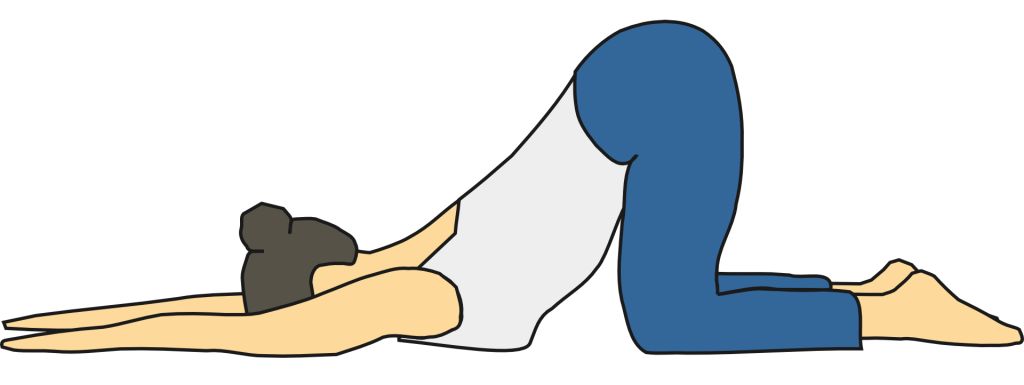Ethics in teaching and touching

Ethics in teaching and touching. Yoga philosophy emphasizes deeply the practice of Yama. Yama is a personal code of ethics for practicing and teaching yoga. It includes Ahinsa – Nonviolence, Satya – Truth speaking, Asteya – Non-stealing, Apahgriha – Non-possessiveness, and Brahmacharya – Abstinence or rightful use of energy. These ethics create a safe environment […]
Yoga Teacher Code of Ethics

As a Yoga educator, one accepts accountability to act in the most ideal manner. To attempt to lead a daily existence that upholds the lessons and good standards of the act of Yoga. As an educator, you have an obligation to your understudies – an obligation to show others how it’s done – and to […]
Yin Yoga Principles

Yin Yoga Principles The three main principles of Yin Yoga are: First, we form a shape, reach the first point of resistance, and then observe what we feel from that slight sensation “edge”. The sensation should be just a slight dull pain, and should not be inclined to anything sharp, stabbing or burning. The second […]
Five Self-Discipline-patanjali yoga sutra

Five Self-Discipline 2.30. AhimsaSatyaAsteyaBrahmacharyaaparigraha Yamah| Ahimsa- Non-violence Satya- truthfullness Asteya- honesty Brahmacarya-sensual abstinence Aparigraha-non-acquistiveness Yamah-self-restraints Non-violence, truth, honesty, sensual abstinence, and non-possesiveness are the five self-disciplines. Following Self-Discipline is the great Path 2.31. Jatidesakalasamayanavacchinnah sarvabhauma mahavratam| Jati-class of birth Desa-country, or place Kala-time Samaya-circumstances Anavacchinnah-unconditioned Sarvabhauma-universal Mahavratam-the great discipline It can be practiced universally without […]
